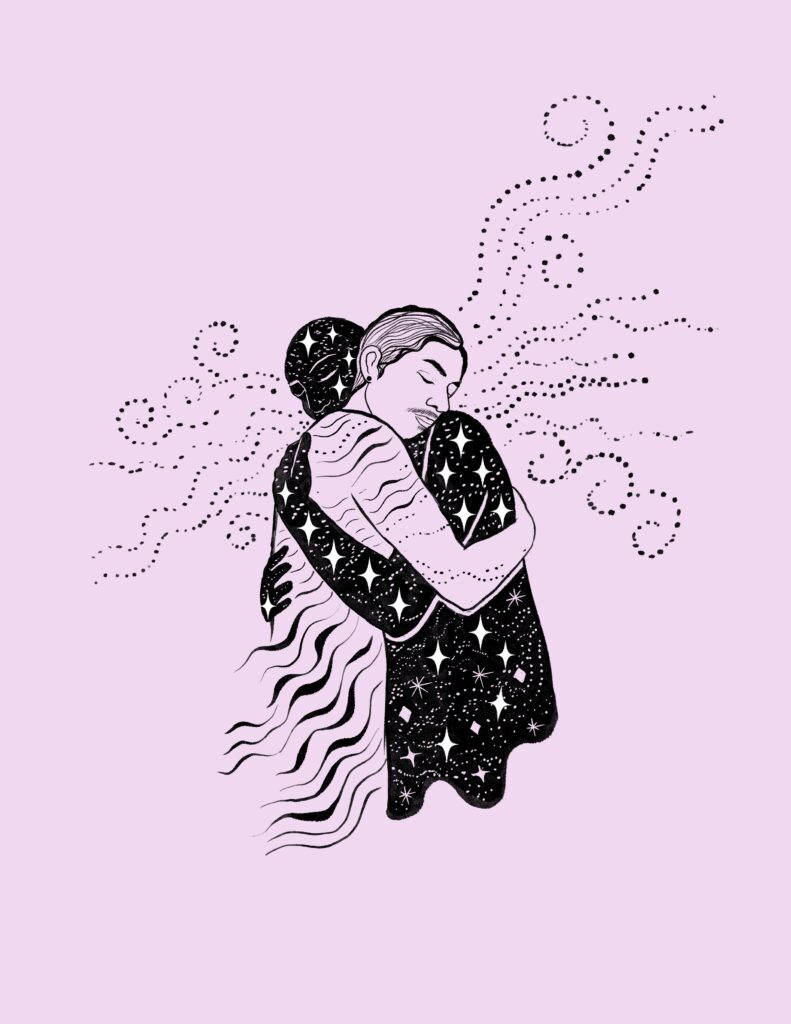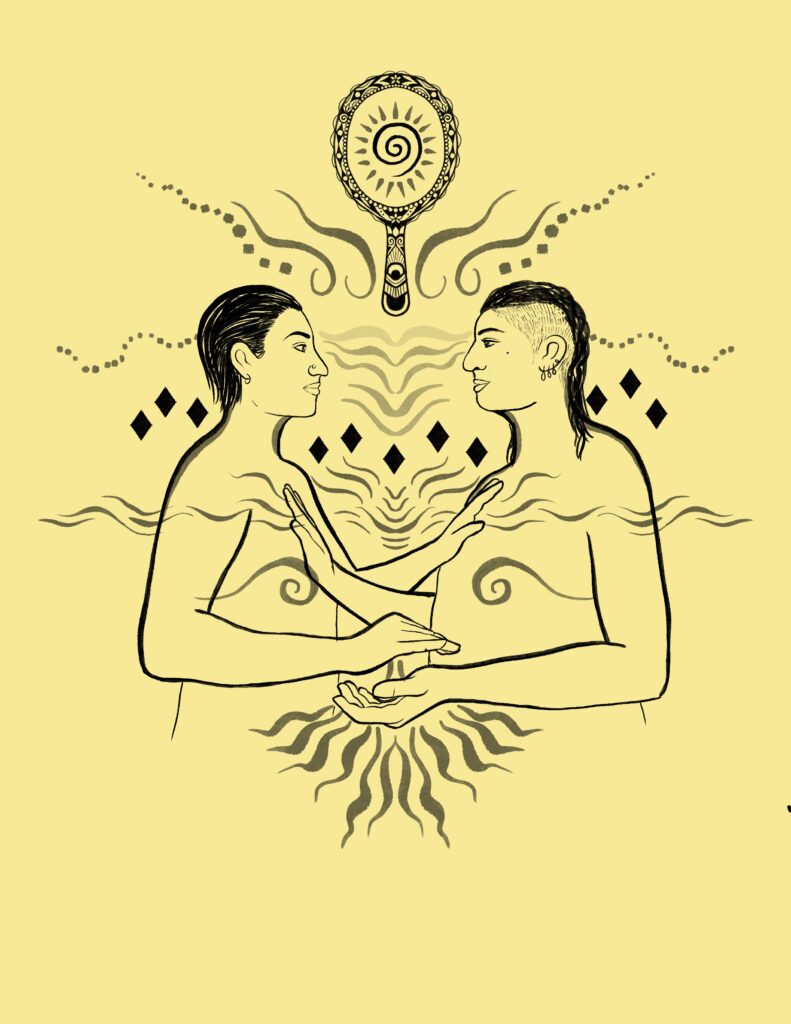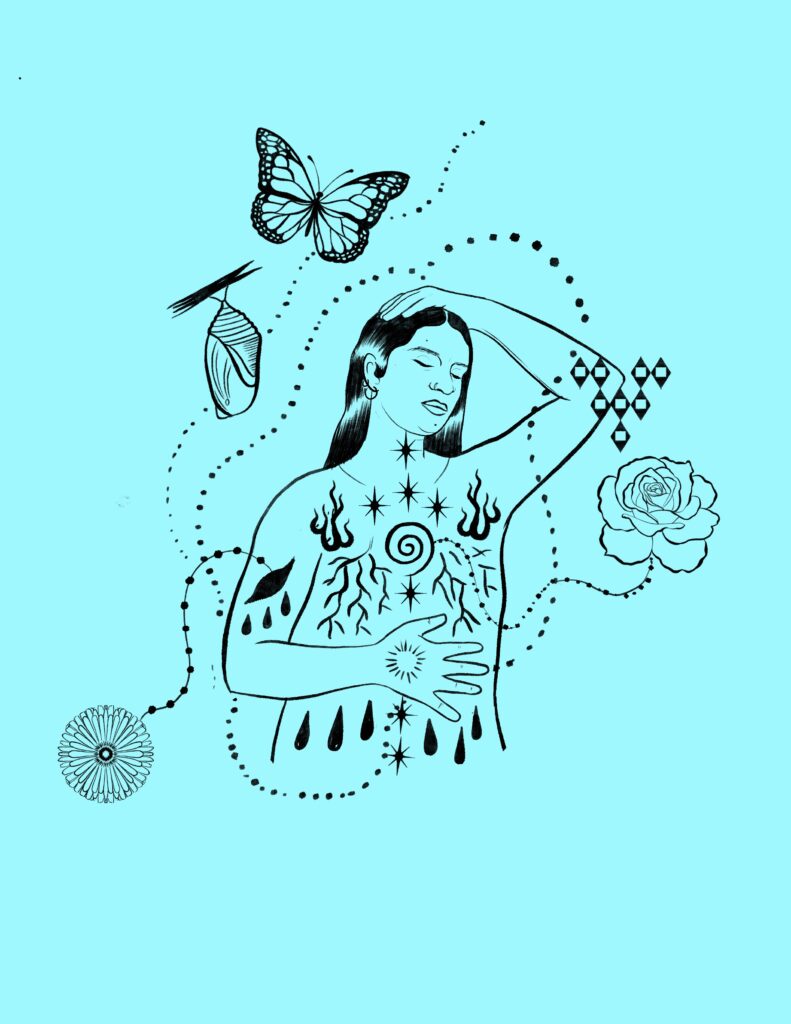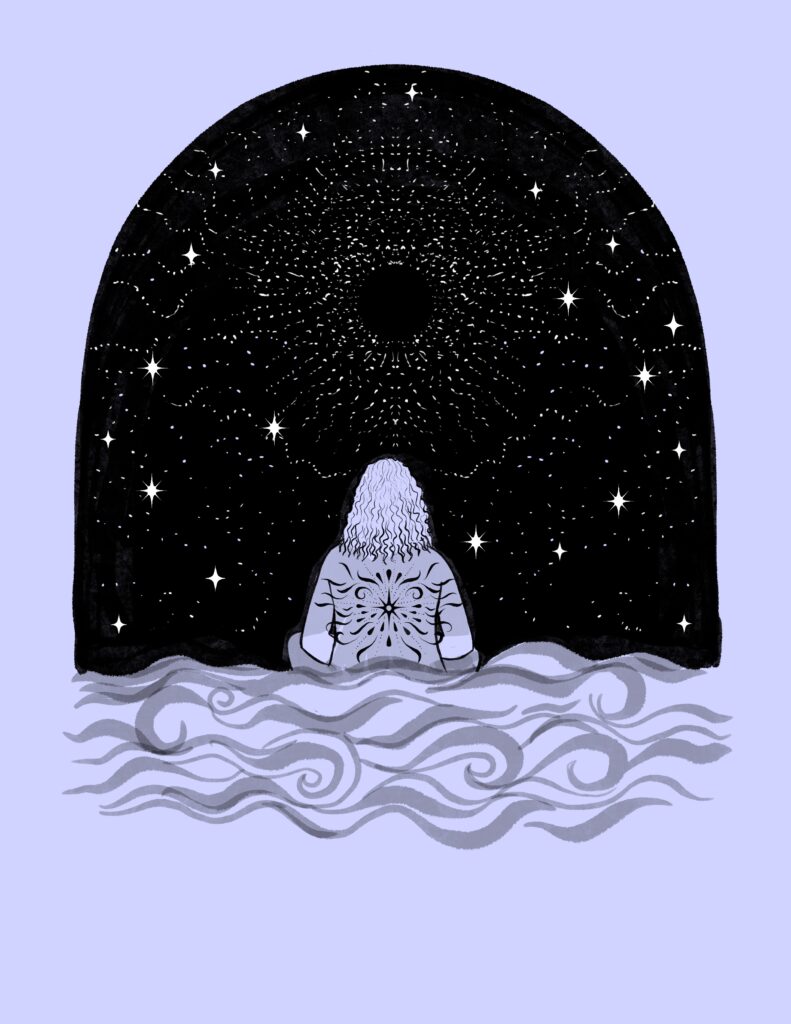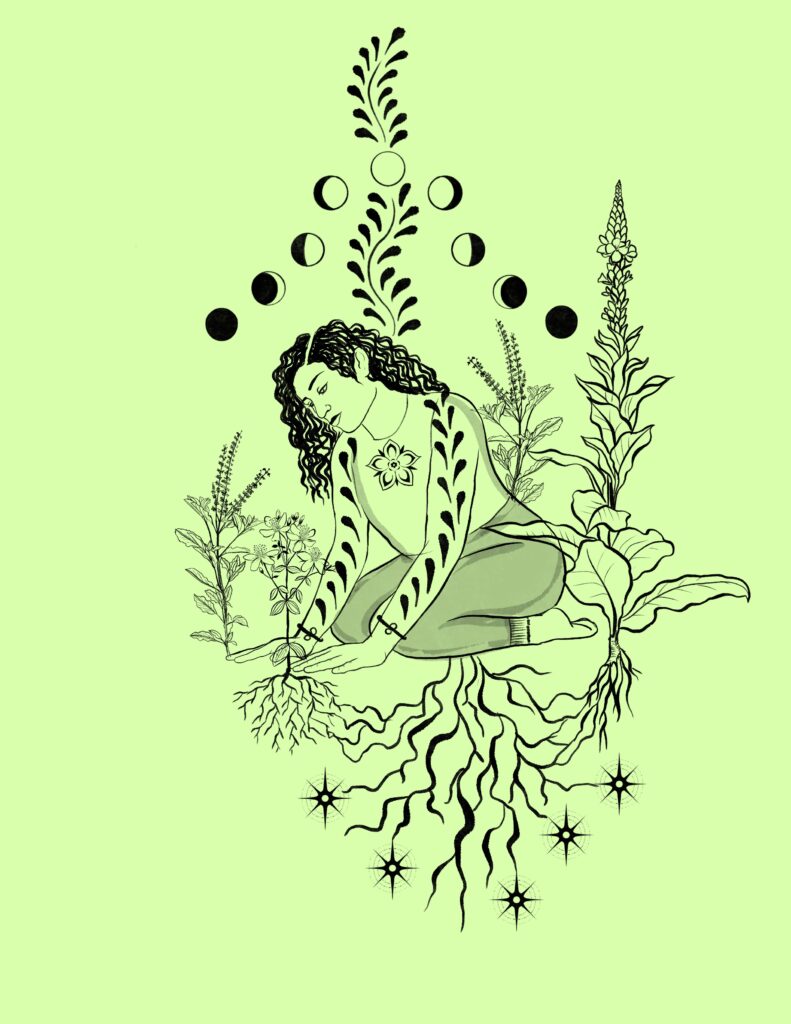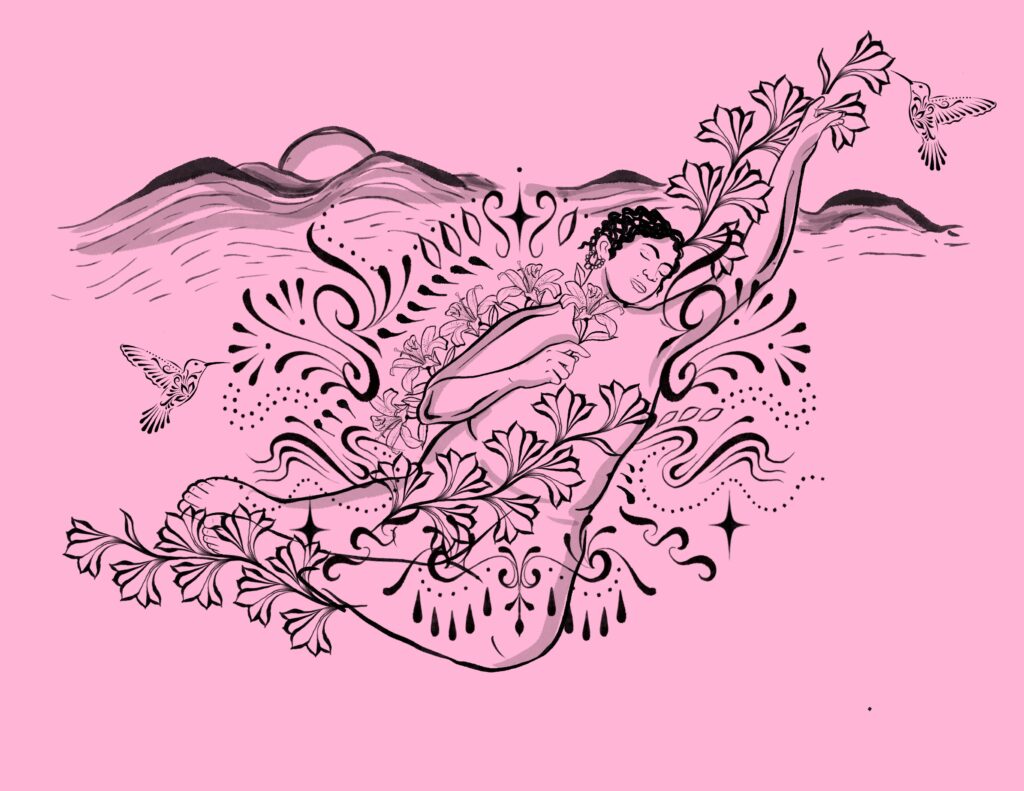
The Trauma of Caste is a Dalit Feminist meditation on survivorship, healing and abolition.
I wrote this book so that we would have a book that finally looked at Caste that centered in how we might heal from this system of exclusion. It ties Dalit oppression to fights for liberation among Black, Indigenous, Latinx, femme, and Queer communities, examining caste from a feminist, abolitionist, and Dalit Buddhist perspective–and laying bare the grief, trauma, rage, and stolen futures enacted by Brahminical social structures of the caste-oppressed.
I wrote it as we face some of the challenging religious violence in our communities. And Dalit peoples as survivors of religious violence and have so much to share at this moment. It is more than anything a love letter to all of us trying to heal from systems of violence and a call that we can even this movement find the visionary path forward to free all of us.
This book is written in the spirit of the idea that the opposite of genocide is to fight for life. So this is a love letter to all people struggling with the horror of this moment. People on the front lines who have already lost people. People who shudder and weep and stay up at night, deeply gripped by anxiety about the shadow of genocide that is imminent, growling like a starving beast. This is a letter to the many hearts that are broken or languishing in despair and anxiety. It is overwhelming for the people of the subcontinent to think about what responsibilities come in the face of this.
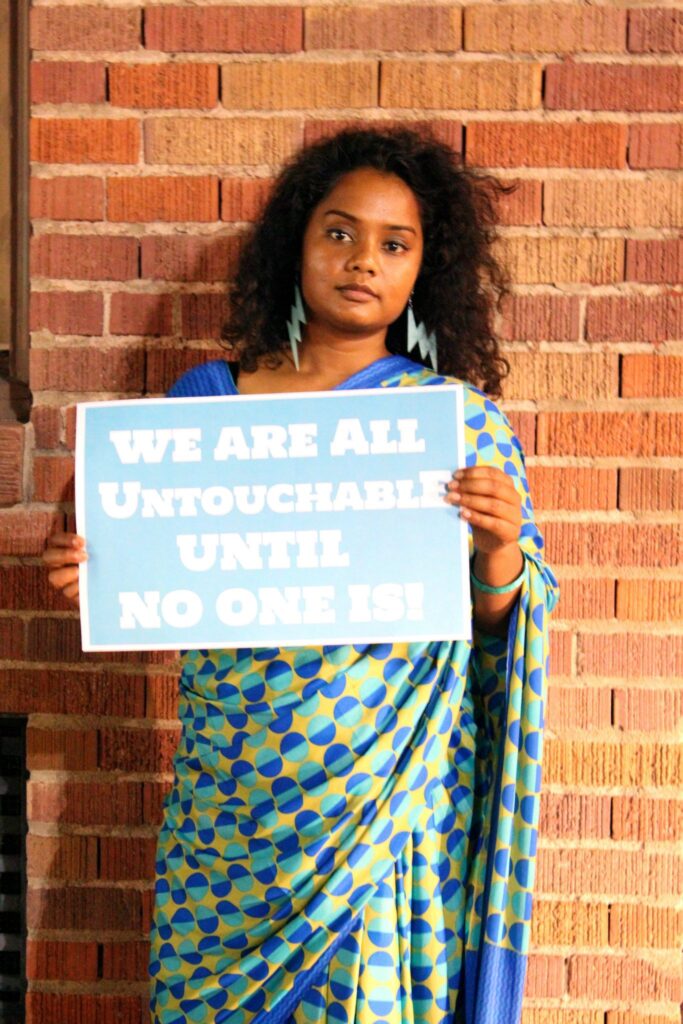
The Trauma of Caste Also Explores:
- How to join the caste abolition movement.
- A glossary of terms for readers new to the concept of caste.
- Accessible profiles of anti-caste historical figures.
- An interactive worksheet for you to do your own work to unlearn and challenge caste, and make commitments to caste equity.
- An appendix with body-based exercises to support creating your own caste-equity mindfulness practice.
- The connection between caste-based oppression and genocide.
- The role big tech plays in upholding caste bias and discrimination and how to work towards tangible corporate accountability.
- Why building transnational solidarity is critical.
- Buddhism’s historical roles in both challenging and upholding caste.
Buy the Book
Bulk Sales for Book Groups and Corporations
Art Inspired by the Trauma of Caste
